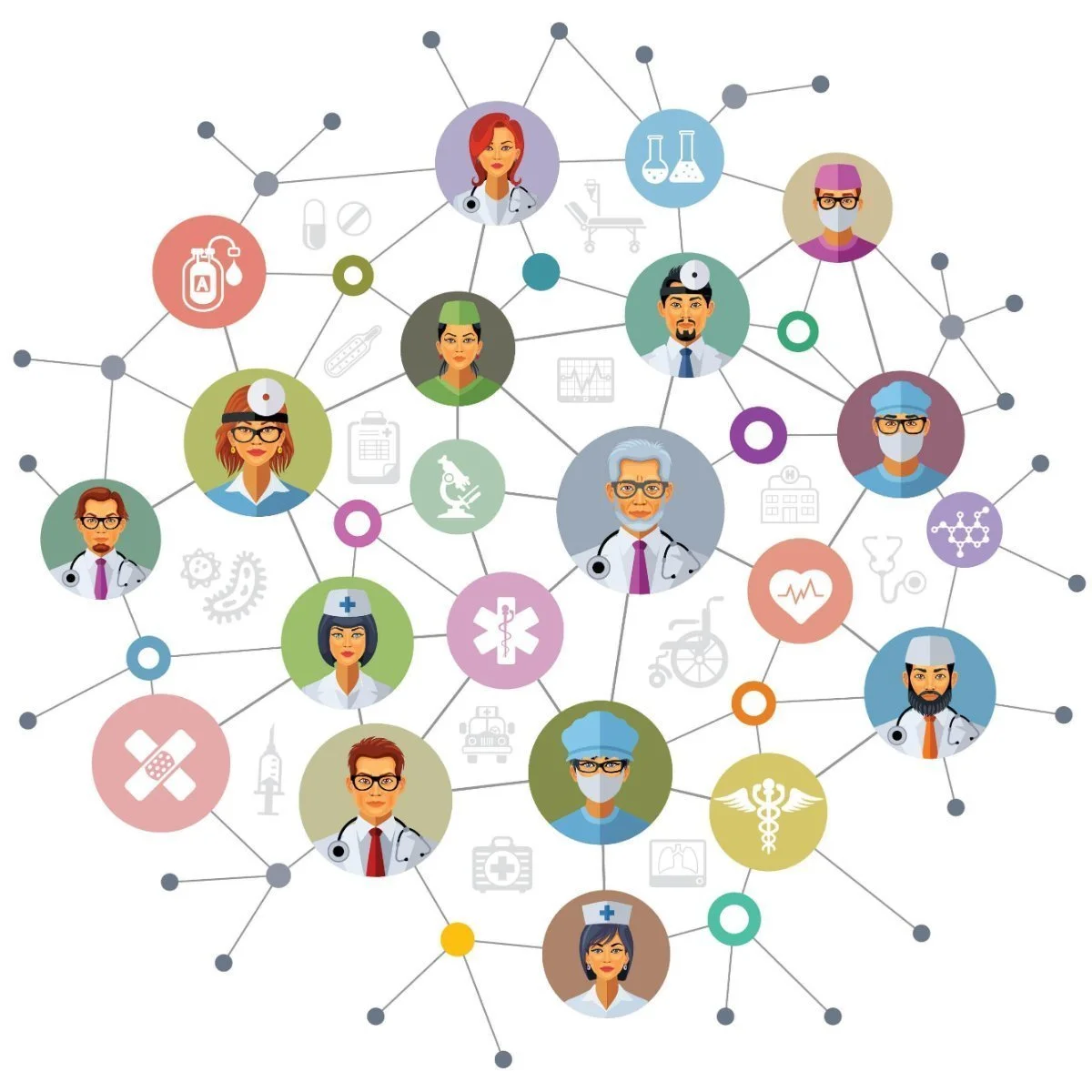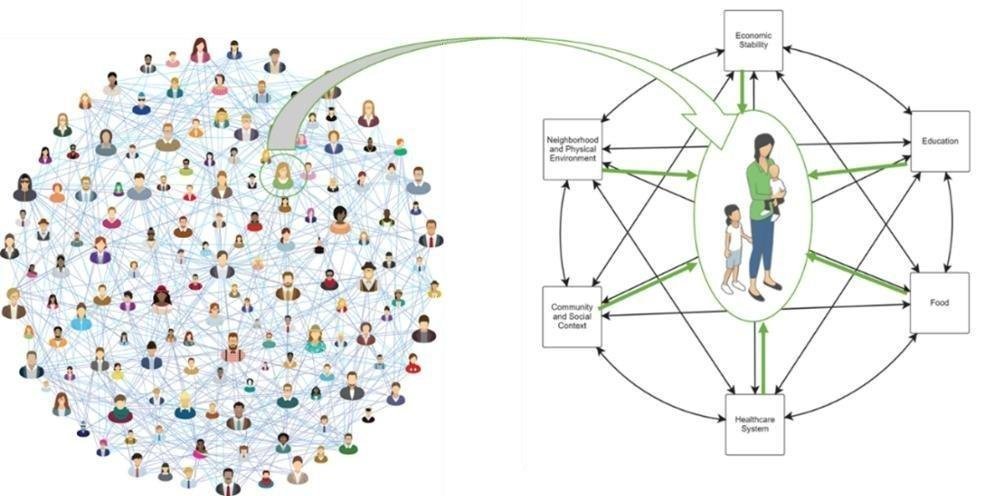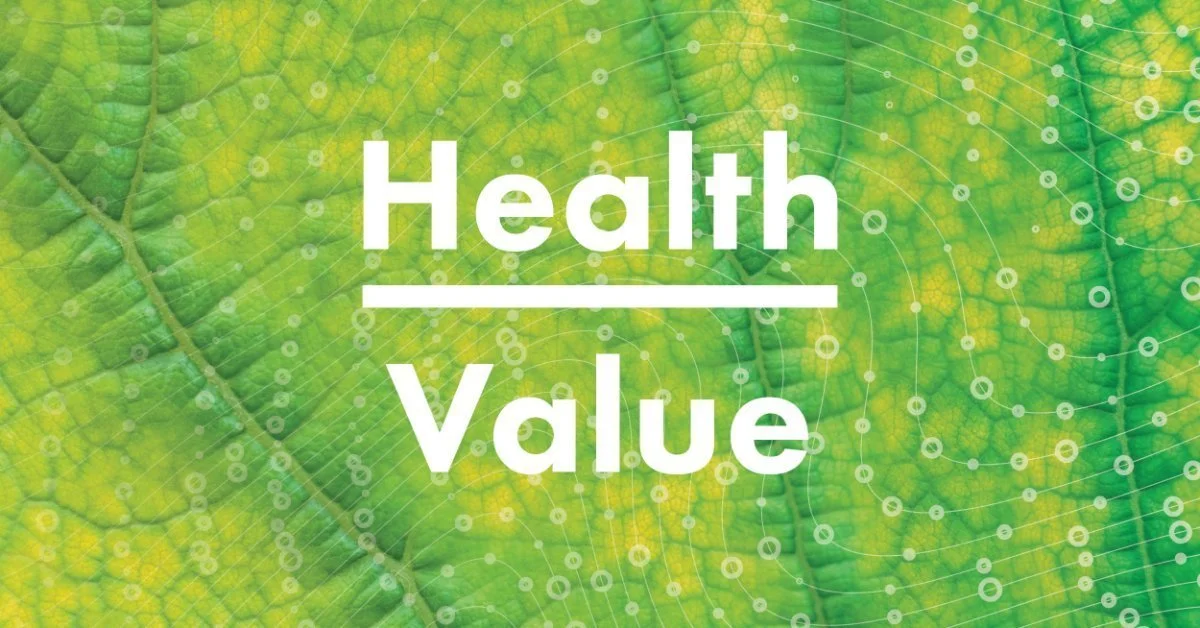If we want healthier communities that spend less on medical care, we need more effective community-based management and intervention, and better communication between the social services and medical communities.
Read MoreAll of us have a personal narrative grown from firsthand experience that filters and shapes our understanding and perspective. It can also blind us to growing problems and innovative solutions. Being able to see the whole is job one for understanding how our healthcare system works and for being able to make it work better.
Read MoreThe term “social determinants of health” (SDOH) is inescapable in the healthcare industry. But despite the ubiquity of the term, integrating SDOH into front-line medical care remains largely out of reach.
Read MoreSince the 1990s, the cost of medical care has seen the greatest rate of inflation across all sectors, suppressing wages and limiting economic growth. The system is an enormously complicated technical approach to a complex problem. But complicated is not complex, and only complexity can manage complexity; working harder at the old paradigm won’t yield a different outcome. It doesn’t need to be this way.
Read MoreSocial determinants of health (SODH) are widely understood to create illness and impair recovery. It’s time to harness this knowledge and put it to work. We can create a self-reinforcing virtuous cycle where medical care is better and more affordable in a strong, healthy community, and a strong, healthy community can afford better medical care.
Read MoreIt is clear there is opportunity to leverage the $2.7 trillion in capital spent on medical care in the United States. Healthcare’s value is in its purpose – better outcomes. Healthcare needs a marketplace capable of ensuring that this purpose remains the primary driver of its business success.
Read More





